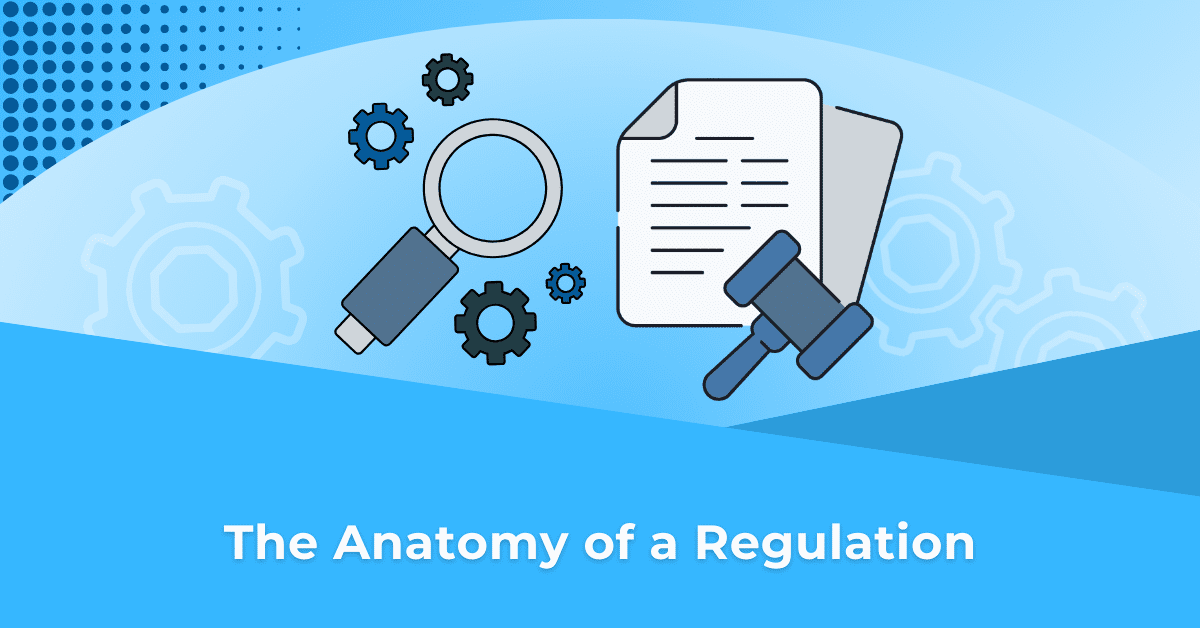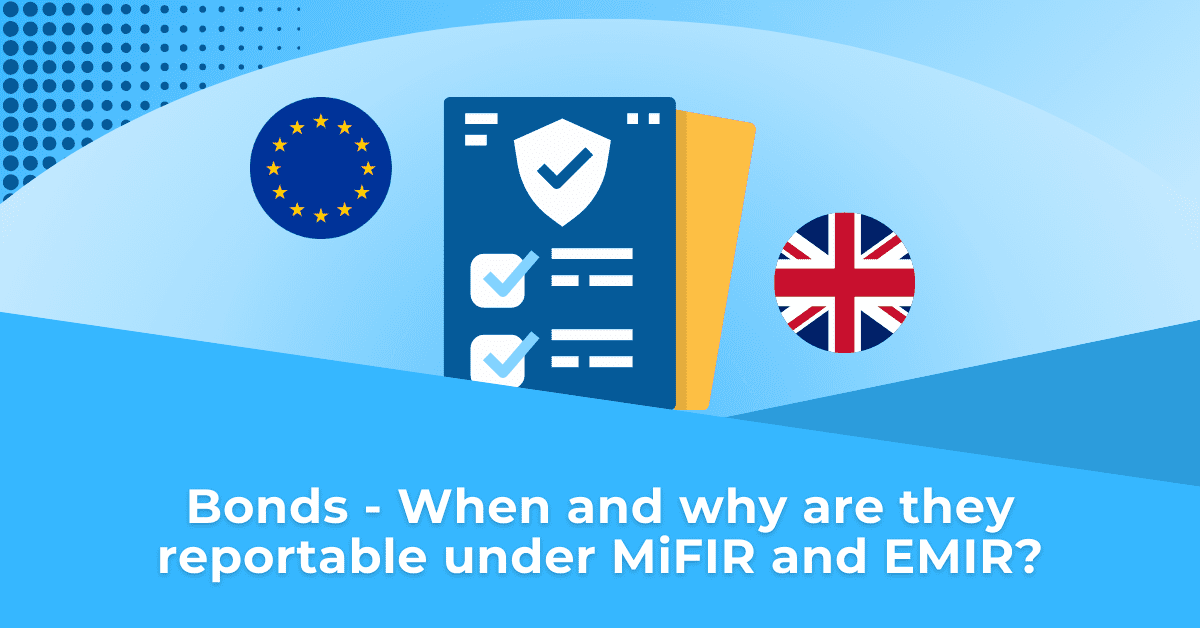Best Execution Simplified
Best Execution
Best Execution is a relatively new regulatory concept which focuses on increasing the transparency of execution and level of disclosures in financial transactions – a key element to providing more clarity on the functioning of financial markets and to better protect investors.
Price
Cost
Speed
Likelihood of Execution
Settlement Size
Settlement Nature
Other Relevant Consideration
IFs and financial institutions must also create an execution policy and procedures, and regularly monitor the execution quality when executing orders on behalf of their clients.
TRAction assists firms in complying with Best Execution under both MiFID II and MAS. We have developed a Best Execution Monitor to meet the growing regulatory demands imposed on firms. Our Best Execution Monitor is a smart system that collects, analyses and compares a broad sample of your transaction data (across all asset classes) against market reference data to compute representative benchmarks that enable consistent and fair evaluation of performance.
e-book
Reporting Guides
Need help with your reporting obligations and compliance strategy?
TRAction has developed multiple reporting guides to help you along your reporting journey including our popular The User Friendly Guide to Transaction Reporting in Europe.
Get free access to our guides today at the button below.

MiFID II Best Execution
Best Execution requires investment firms (IFs) to provide the best available terms for the execution of client orders under MiFID II. The most favourable terms for the execution of client orders include consideration of the following factors:
- price;
- cost;
- speed;
- likelihood of execution;
- settlement size;
- settlement nature; and
- any other relevant consideration.
IFs must also create an execution policy and procedures, and regularly monitor the execution quality when executing orders on behalf of their clients.
All IFs must comply with Best Execution which is embedded in Article 27 of MiFID II.
Stay in the know
Sign up to TRAction's newsletter
MAS Best Execution
Best Execution requires financial firms to provide the best available terms for the execution of customer orders under MAS. The most favourable terms for the execution of customer orders include consideration of the following:
- price;
- costs;
- speed;
- likelihood of execution and settlement;
- size and nature of the order; and
- any other relevant consideration.
Financial firms must also create a Best Execution policy and procedures, and regularly monitor the execution quality when executing orders on behalf of their customers.
The new requirements are set out in a Notice on Execution of Customers’ Orders (the Notice) and accompanying guidelines, which will take effect on 3 March 2022. In the Notice, MAS formalised its existing expectation that financial institutions conducting dealing and fund management activities under the Securities and Futures Act (Cap. 289) (the Act) must do so fairly and act in the interests of their customers. The new requirements also align the Singapore position on execution of customer orders more closely with those which apply in jurisdictions such as the European Union.
Who is required to comply?
All capital markets intermediaries (CMIs) are required to establish and implement Best Execution policies and procedures which cover all capital markets products and all capacities in which it is acting in. A CMI is either:
- a holder of a capital markets services licence to carry on a business in one or more of the following regulated activities:
- dealing in capital markets products;
- fund management;
- real estate investment trust management; or
- a person exempted from the requirement to hold a capital markets services licence under section 99(1)(a), (b) or (c) of the Act in respect of one or more of the following regulated activities:
- dealing in capital markets products;
- fund management;
- real estate investment trust management.
How to comply?
You should periodically monitor your compliance with, and the effectiveness of, your Best Execution policies and procedures. In doing so, you should assess whether your execution of transactions has delivered the best available terms to customers on a consistent basis. Such monitoring should reflect the nature, scale, and complexity of your business.
How it works
TRAction’s Best Execution Monitor
In light of the best execution requirements under MiFID II and potential implementation of the similar requirements in other jurisdictions, TRAction has developed a Best Execution Monitor to help you comply with these requirements. With MiFID II, the overarching best execution obligation requires firms to take all sufficient steps to obtain the best possible result.
Many Investment Firms (IFs) and financial institutions need to implement Best Execution processes under the MiFID II and MAS requirements. IFs and financial institutions need to provide the most favourable terms for the execution of client orders taking into account a number of factors. TRAction has developed a Best Execution Monitor to help our clients monitor their compliance with this requirement.
Our Best Execution Monitor is an award-winning smart system which collects, analyses and compares your transaction data against market data to identify where the execution received by clients is outside of your execution parameters.
Why use TRAction's Best Execution Monitor?
Key Statistics and Graphs
The platform displays a pie chart breakdown by trades in favour of your firm and by low medium or high deviations.
Easy Data Connection or File Upload
Transaction data submitted to TRAction either by CSV file or through an API/data connection.
Customisable
High medium and low deviation category settings are set by the user at either the asset class level or individual symbol.
Market Price Comparison
The monitor displays statistics about the quality and pricing of execution by comparing against Refinitiv market data from the one-minute high and low for the relevant time the trades were executed.
Easy Search of a Specific Transaction
A specific transaction can be analysed by typing in a UTI or deal number.
Single Platform
All trades are monitored in a single platform (including those that are executed off-exchange) so that firms can implement a holistic execution policy.
How does the Best Execution Monitor work?

Pricing packages
How much does it cost?
We charge a combination of an account management fee and a cost per transaction/position. Contact us for a quote, or view our pricing page for more information.
Best Execution Monitoring
-
£0 Initial set up cost
-
£0.012p Cost of transactions or positions, per upload
-
£2.40 per RIC per Month
Can't find the answers
you're looking for?
Get in touch with us for assistance.



